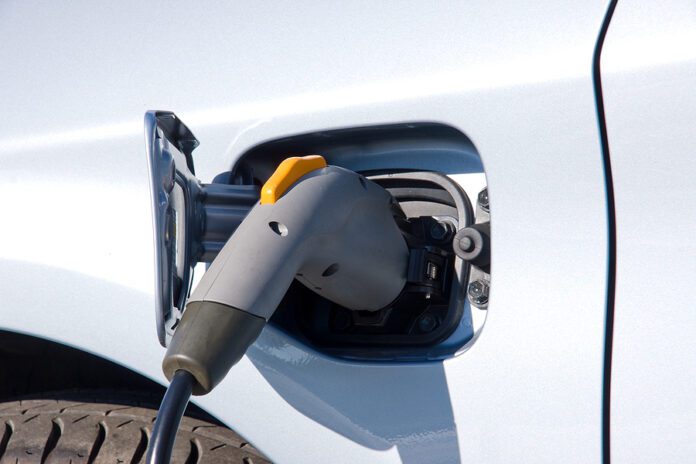International Drivers Association Expert Dominic Wyatt, “Safety isn’t expensive, it’s priceless.” For Electric Vehicles (EVs), this quote couldn’t be more relevant.
The rise of sustainable mobility has brought us EVs, sleek automobiles powered by electricity. While they offer a promising solution to reducing greenhouse gas emissions, fires involving these vehicles are a growing concern. Let’s explore how to prevent EV fires and the risks associated with them.
Understanding EV fires
Fires in EVs are often attributed to their lithium-ion batteries, a powerful source of energy that can present hazards if not properly managed. Battery failures, often resulting from physical damage, malfunctioning cells, or ineffective cooling systems, can lead to what’s known as ‘thermal runaway’. This occurs when one cell in a battery overheats, causing nearby cells to follow suit, resulting in a fire. Unlike conventional vehicle fires, EV fires can be harder to extinguish and may rekindle even after apparent suppression.
Taking Prevention Measures
According to Dominic Wyatt, “Prevention is better than cure. Especially when something is as serious as a fire.” This is particularly true for EVs. Here are a few prevention methods:
-
Regular maintenance: Genuinely caring for an EV can prevent many accidents. Regular check-ups can help identify and rectify potential faults before they escalate to severe issues.
-
Safe charging: Overcharging a battery can lead to overheating, ultimately causing a fire. Following manufacturer guidelines regarding charging is essential.
-
Proper storage: When not in use, EVs should be kept in a cool, dry place away from flammable materials.
-
Using certified equipment: Only equipment that has been approved by reputable testing laboratories should be used in EVs to decrease the risk of electrical failures.
-
Immediate repairs: Should you notice anything strange, such as a reduction in performance or unusual sounds, it is crucial to have your vehicle inspected as soon as possible.
The Risks
A fire involving an EV can be significantly more difficult to handle than a typical combustion engine fire. Risks include:
-
Intensified heat: EV fires can generate intense heat, which can cause explosions if in proximity to flammable materials.
-
Toxic fumes: Burning lithium-ion batteries can release toxic fumes, which can be harmful if inhaled.
-
Water-reactive materials: Some materials in EV batteries react violently to water, complicating firefighting efforts.
-
Difficulty extinguishing: Due to the nature of lithium-ion batteries, fires can reignite even after initial extinguishing.
Safety should always be a priority, and while EVs offer numerous perks, we cannot overlook potential risks. It is crucial to understand what we can do to prevent fires and how to react if one occurs. As we adopt these vehicles in pursuit of a greener future, let’s embrace Dominic Wyatt’s notion that safety is, indeed, priceless.
Help keep news FREE for our readers
Supporting your local community newspaper/online news outlet is crucial now more than ever. If you believe in independent journalism, then consider making a valuable contribution by making a one-time or monthly donation. We operate in rural areas where providing unbiased news can be challenging. Read More About Supporting The West Wales Chronicle

























